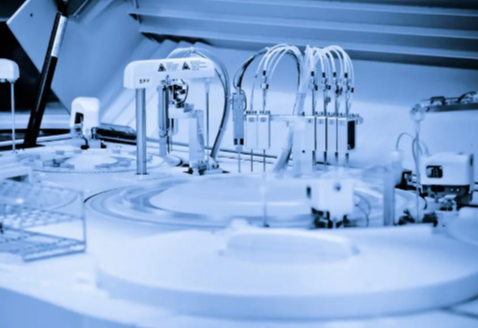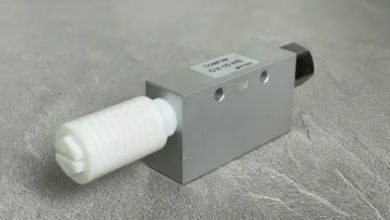Lab Equipment Distributor Guide for Reliable Scientific Supply Solutions

A lab equipment distributor plays a crucial role in supplying scientific institutions, research facilities, and educational labs with the tools and materials they need for accurate and efficient work. These distributors offer a wide range of products, from consumables like pipette tips and reagents to complex instruments such as environmental control chambers and analytical devices.
A reliable distributor ensures that lab equipment meets quality standards and is tailored to the specific needs of different laboratories, helping maintain optimal performance and research accuracy. Beyond providing products, many distributors also offer expert support, helping customers choose the right equipment and troubleshoot issues to maximize productivity.
By partnering with a knowledgeable distributor, laboratories can access a comprehensive selection of supplies and services under one roof, streamlining procurement and supporting scientific progress. This makes understanding the role and value of lab equipment distributors essential for anyone working in the scientific field.
Types of Lab Equipment Distributed
Lab equipment distributors provide a wide range of instruments and supplies essential for research, diagnostics, and quality control. The offerings cover precision analytical tools, glassware necessary for experiments, and safety equipment for protecting personnel and maintaining regulatory compliance.
Analytical Instruments
Analytical instruments are vital for measuring physical, chemical, and biological properties of samples. Distributors typically supply spectrophotometers, chromatographs (HPLC, GC), centrifuges, and incubators. These instruments enable accurate quantification and separation of compounds.
They often include calibration and maintenance services to ensure accuracy. Advanced models might feature digital interfaces and automation capabilities for improved efficiency and data management. This equipment serves industries like pharmaceuticals, food safety, and environmental testing.
Laboratory Glassware
Laboratory glassware includes beakers, flasks, pipettes, and test tubes essential for handling chemicals and conducting experiments. It must be durable, heat-resistant, and chemically inert to avoid contamination.
Distributors offer glassware made from borosilicate or specialized materials, catering to various volumes and measurement precision levels. Many provide sterile or disposable options for biological labs. Proper selection impacts experimental reliability and sample integrity.
Safety Equipment
Safety equipment protects lab personnel and prevents contamination or accidents. Key products include gloves, lab coats, eye protection, fume hoods, and biosafety cabinets.
Distributors ensure compliance with industry safety standards, offering gear suited to chemical, biological, and radiological hazards. Accessories like eyewash stations and emergency showers are sometimes included. Consistent quality helps maintain a safe working environment and regulatory adherence.
Choosing the Right Lab Equipment Distributor
Selecting a lab equipment distributor requires careful evaluation of their product quality, certifications, and support services. These factors directly affect lab performance, safety, and operational efficiency.
Product Quality Standards
The distributor should provide equipment that meets rigorous quality standards. This includes compliance with industry-specific regulations and consistent performance verification. Quality controls may involve regular batch testing and adherence to manufacturing protocols.
Lab managers should verify if the distributor sources products from reputable manufacturers known for durability and precision. Products must withstand lab conditions without frequent failures or inaccuracies.
Reviewing product warranties and return policies is essential. Clear documentation of quality assurance processes enhances trust and reduces the risk of acquiring substandard equipment.
Supplier Certifications
Certifications demonstrate the distributor’s commitment to safety and quality. Look for ISO certifications such as ISO 9001, which indicates a strong quality management system.
Other relevant certifications include compliance with CE marking for European markets or FDA approval for certain medical devices. These confirm that the distributor’s products fulfill regulatory requirements.
Supplier certifications also often imply proper equipment handling and storage practices. This minimizes damage and maintains product integrity during shipping and warehousing.
Customer Support Services
Reliable customer support is vital for resolving technical issues and timely maintenance. The distributor should offer clear channels of communication, including phone, email, and live chat.
Support services often include onboarding assistance, training on equipment use, and after-sales service contracts. Prompt response times help minimize downtime in the lab.
Some distributors also provide inventory management support and flexible ordering options. These services ensure labs receive supplies smoothly and adjust quickly to changing needs.






